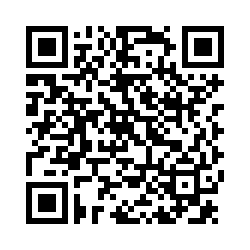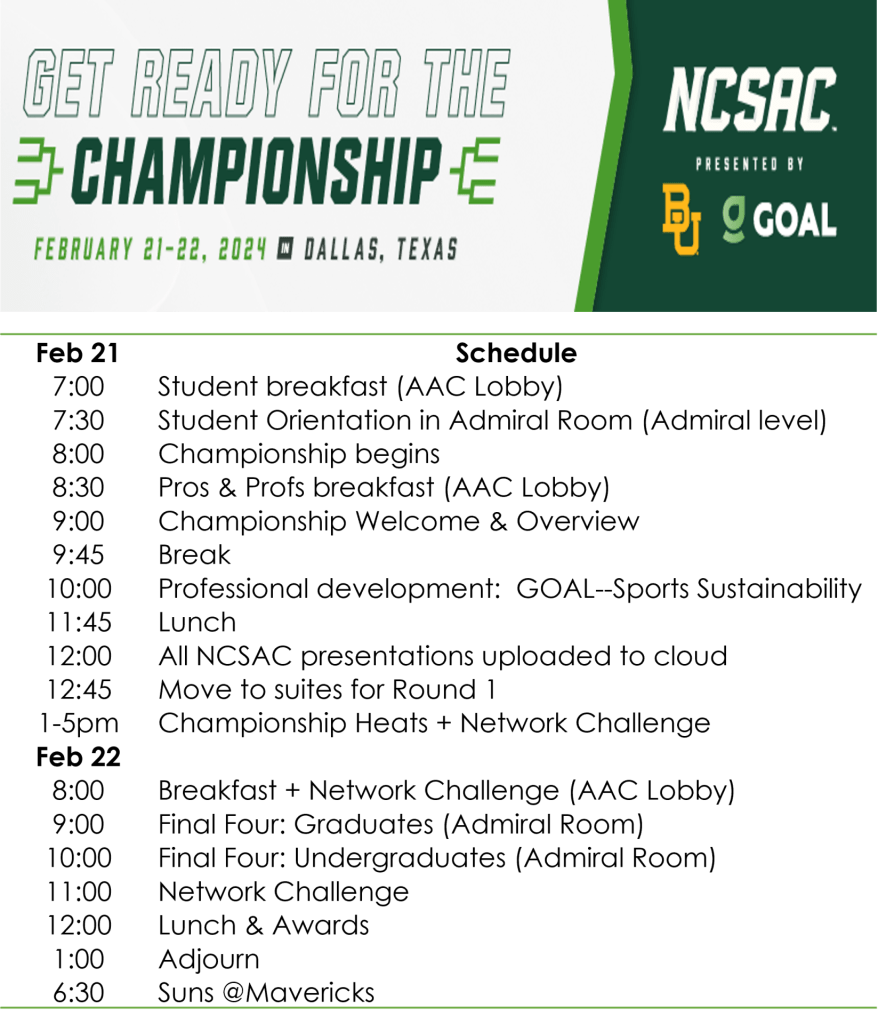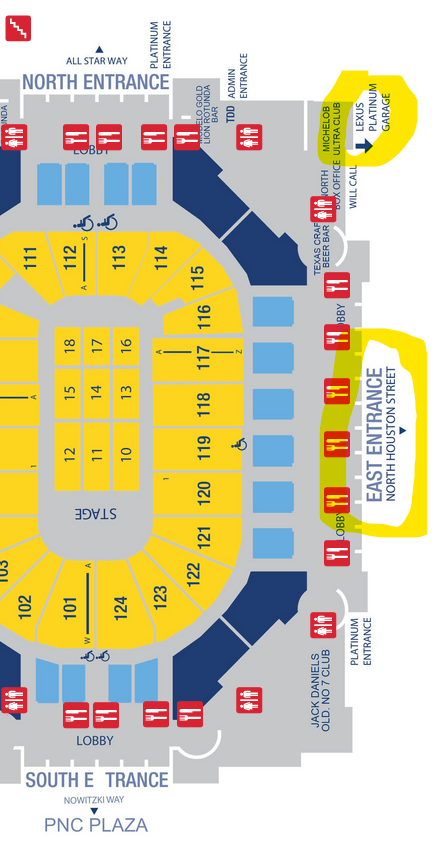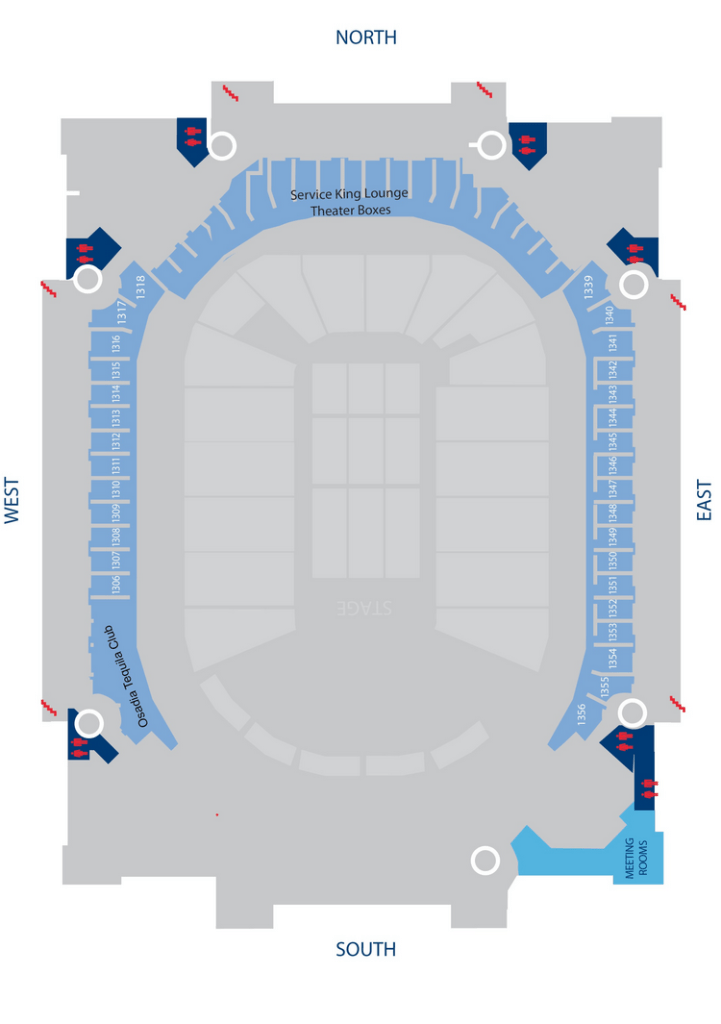View the National Collegiate Sports Analytics Championship, powered by GOAL, frequently asked questions and answers below. Send other questions to Heather_Grover@Baylor.edu and we’ll add answers here.
Upload presentation by noon Wednesday to this link.

What is the NCSAC February 21-22 schedule?

Getting ready to go to Dallas (February 21-22, 2024) and where to go
- How should I prepare? Judges, participants and professors should carefully read the new Study Guide to know what to expect. Students–use the practice sets to get ready because the Finals data sets will be similar but with a few more variables and cases.
- Parking? Free parking is available in the Lexus garage located on the Northeast corner of the AAC at 2620 N Houston Street, Dallas, TX.
- Entrance & registration? Check-in and enter the East side lobby on Houston Street. Meals and business sessions will be in the East side lobby. See below.
- What to wear? Professional dress (read: suits) for students. Daily business or professional attire for judges & professors.
- How many are competing? We have at least 20 schools and over 60 students competing. Deadline is January 31, 2024 to register. A registration link is located here.
- Should we follow on LinkedIn so we can see the latest announcements? Yes, click here to follow the NCSAC page.
- Can other faculty or graduate students from participating schools come to observe? Yes, but please register ($50) as we need to account for space, food, and who’s in the building. Deadline is January 31, 2024.
- Where are the heats for each round? On the Admiral Level. At 1pm, round 1 will be on the East side in Suites 1356 to 1347 (Heats 1-10 undergrads; 41 students) and Suites 1346 to 1341 (Heats 1-6 Grads; 23 students). Rounds 2 and 3 are scheduled for the top of the hour.

The Competition
- Can we use the internet, ChatGPT or other AI to complete analyses in the championship? No. Please have everything you need loaded on your laptop. Do not connect to the internet during the championship from 7:30-Noon Wednesday until you’re ready to upload your presentation.
- Can we use online chat or text on phones during Wednesday morning when we do the data analysis? No. You may listen to music if your phone is in your pocket/purse.
- Why? Judges will ask if you worked independently and how you ran your analyses. With integrity at the forefront of the NCSAC you want to be able to demonstrate your personal analytical skills.
- How will we get the dataset and NCSAC PowerPoint to use for presentations? Each student will receive a USB stick with the data and the NCSAC PPT template at 7:30 am, February 21. You will bring the USB stick with your presentation to use during the heats in the championship.
- Can professors or others watch the presentations? No, only the students and judges assigned to the heats.
- Do students work together? No. This is like the Olympics where each person competes as an individual in the event. Judges will ask questions to determine if the student worked independently as part of the integrity component of the competition. Judges are then able to evaluate who can analyze and present well.
- Can a student graduating in December still compete in both competitions? Yes, as long as the student is not employed before the championship.
- How do teams win? Among teams with at least 3 students, the average scores of each student’s last heat are used to determine the team winners.
- Is the data the same as the preliminary round? No, it will have new variables and a different prompt related to GOAL objectives. See www.goalstandard.com.
- Can professors watch the presentations in each heat? No, but the Final 4 includes everyone.
- Will students, professors and judges have color-coded name tags so we know who’s who? Yes, that’s the plan. Feel free to bring your own school colors lanyard if you’d like. We’ll have plain ones available.
- Is there free WiFi? Yes, with no need to login at the AAC.
- Do students bring their own laptops to do the analysis? Yes. You may bring an extra screen if feasible. There will be places to plug-in but be sure to fully charge in advance in case you want to sit away from available plugs.
- Where will students analyze the data? A large work room with tables and outlets will be available on the Admiral Level in the Admiral Meeting Rooms. Students may also choose seats or tables in the Platinum Level near the Lexus Club but those lack electrical outlets.
- Where will the Final Four Presentation be held? In the Admiral Room on the Admiral Level.
- Can students use other materials/notes while analyzing the data? Yes. The main point of integrity is that the student prepares and completes the analysis independently. That includes no texting, messaging or other interaction with others from 7:30 am until Noon on the Wednesday of the competition.
- What is the presentation format? Students will be placed in heats of 4 in a suite. Each will present for five minutes to the judges in the suite one after another while the others wait in the hallway. The top two in each heat advance. In the 3rd round, (a) the undergraduates will have 10 students in two heats with two students in each heat advancing to the Final Four and (b) the graduates will have 6 students in two heats with two students in each heat advancing to the Final Four.
- How will the Final Four be judged? All four students in each division will present in turn. All judges will evaluate the Final Four and the average scores will determine the winners.
Virtual preliminary rounds (November 1-15, 2023)
- When will the data be ready to download to analyze? Wednesday, November 1, 8am.
- When is the 5-minute PowerPoint presentation due to be uploaded? Friday, November 3, midnight.
- How many teams and students from a school? One team (up to 4 students) for undergrad and one team (up to 4 students) for each program/dept. Students may compete independently without a team.
- What if we have multiple programs? Schools like Baylor have a team from a business school program (S3E) and another from the statistics department, unrelated to the business school program. Distinctly different programs at a school might want to be involved and that’s great.
- Will we need to record the virtual round? No need to record, but one could. These are Zoom calls arranged between one student and one judge at a time.
- What do the virtual round scores have to do with the in-person finals? The virtual round determines seeding for the finals in Dallas. Finals participants who do not compete in the prelims will be unseeded in the NCSAC brackets at the in-person event. The virtual round provides practice for the Finals.


